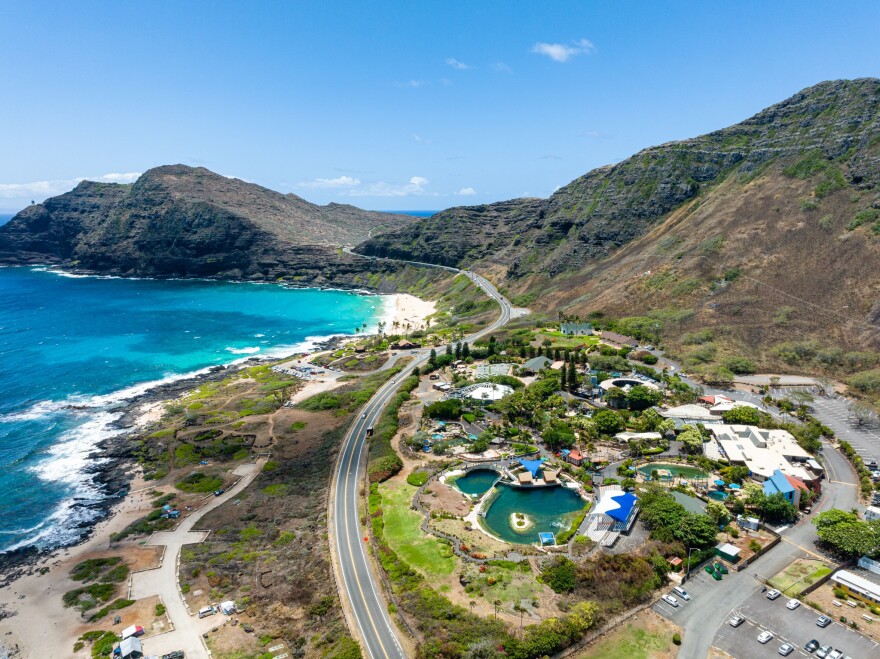A new survey from the University of Hawaiʻi's Economic Research Organization polled elected officials at the state and county levels to take their pulse on sea level rise.
The results found that 100% of respondents believed that it will have "significant" or "catastrophic" impacts on Hawaiʻi's residents in the next 50 years.
Surveying lawmakers on sea level rise
"Nobody thinks the state of Hawaiʻi is well prepared or even moderately prepared for its impacts," said Colin Moore, an assistant professor with the University of Hawaiʻi's Economic Research Organization.
Moore and Ketty Loeb, a faculty specialist at the Institute for Sustainability and Resilience at the UH Mānoa, conducted the survey.
Moore said that despite widespread concern, sea level rise isn't at the top of every lawmaker's to-do list.
"Only about 9% of our respondents ranked it as a top priority," Moore said, adding that another 44% of lawmakers ranked it as a "high" priority.
A total of 32 out of Hawaiʻi's 110 state and county lawmakers responded to the survey — a response rate of 29%.
Moore said that might seem low, but it's above the average rate of 21% for surveys of elected officials.
"I expect that the legislators that responded are already more concerned about sea level rise than the median member of their elected body," Moore said.
While all responses were anonymized, Moore clarified that no Republicans chose to participate. He advised people to interpret the survey's results with "some caution."

What policies do lawmakers support?
The survey also tested the waters on how lawmakers feel about specific policies. Over 90% of respondents were in favor of restoring natural vegetation along shorelines to fight erosion.
While Moore finds that consensus promising, he said the costs involved with that approach are not yet well understood.
"I think there might be a sense among some lawmakers that this is sort of a silver bullet that will have less political opposition and cost less money," Moore said. "And of course, that's not the case."
Opinion is more divided on strategies that use public funds to buy out private property owners in areas that are vulnerable to sea level rise.
"That buyback approach, trying to basically pay people to vacate their homes or their property, was one of the least attractive policy solutions," Moore said.
Loeb pointed out that lawmakers seemed more inclined towards buybacks in certain instances.
"There was a lot more support for the use of government spending to help the most vulnerable property owners vacate their homes, and not just subsidize the wealthy," Loeb said.
What should residents do if they are concerned about sea level rise?
All of the lawmakers who responded said that they believe sea level rise will harm people in their district in the next 25 years or sooner.
However, some policymakers said the issue rarely comes up with their constituents.
Over a third of respondents said that they talk to voters about sea level rise once a year or not at all.
"We also think that's a great opportunity to flag for voters who are concerned about sea level rise," Loeb said, suggesting that people "make more time to talk with their legislators and vocalize their concerns."
Loeb will present the full findings of the report on Wednesday, Feb. 21 at 3 p.m.
Information on how to attend in-person and remotely is available here.






